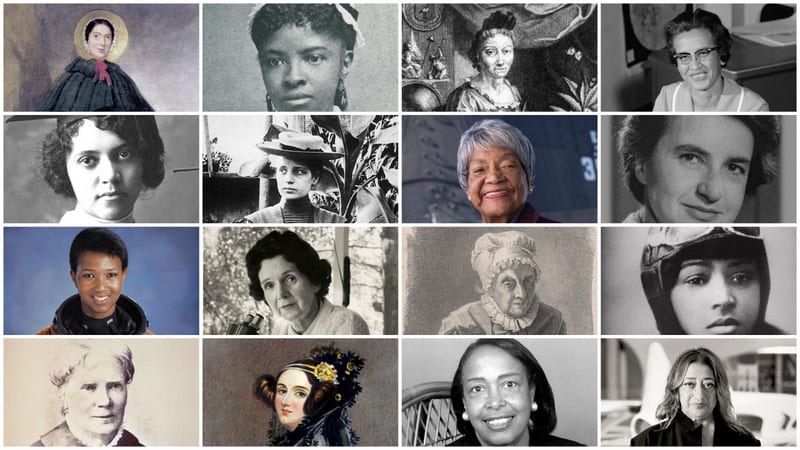Physics IS for Girls – Mrs Finley
“Girls see physics as for white men only” was a recent BBC news headline. When I shared it with my year 11 physics class today there were a mixture of responses.
The overwhelming majority of them felt that was a true reflection of their perception, despite me being stood in front of them as a female physics teacher.

One student commented that I was the first female physics teacher they had ever had, another said she felt she’d be seen as ‘different’ if she chose to study physics and maths; others have found a love for physics and want to continue it at A level; they want to be part of the change.
As the Head of Physics at RHS, I felt compelled to respond to this BBC article and discuss how I actively aim to promote inclusivity in this most awe-inspiring subject.

At RHS we reflect the national average of 23% of A level physics students being female; my department and I intend to work towards increasing this number over the next few years.
Three of the five physics teachers are female, this alone goes a long way to changing the message that physics is for white men only. Having a female physics role model in school promotes a better message that physics is for everyone.
Newton, Archimedes, Hooke, Tesla and Kelvin to name a few are all familiar to our GCSE and A level physics students. Only male scientists are named in the national curriculum. In our department we make sure to include the work of Curie, Meitner, Johnson, Burnell and Somerville to ensure some gender balance.
My physics teachers at school were white men, my BSc lecturers were white men, my PGCE and MA lecturers were white men. I hadn’t thought about that until this year, when I attended a Head of Physics network meeting, and I was the only female in a room of 13 white men. This was the first time I had really thought about what it meant to be a female head of physics. It made me feel proud of what I had achieved, though disappointed I was still a minority, and overwhelmed by the huge job to be done in changing perceptions and my role in that.
We think of ourselves as being progressive in the 21st century but this clearly highlights the inequality in the representation of women through the national curriculum, not just in physics but all subjects.
I’m proud to work in a school where 50% of the subjects are led by women, including maths, which is another area perceived to be a male dominated subject.
Headlines like this are provocative and I am glad that I have had this opportunity to think more deeply about how I can actively counter these messages from wider society, raise awareness of female scientists with my students and promote positive female role models.















Post Comment
You must be logged in to post a comment.